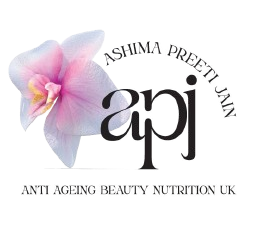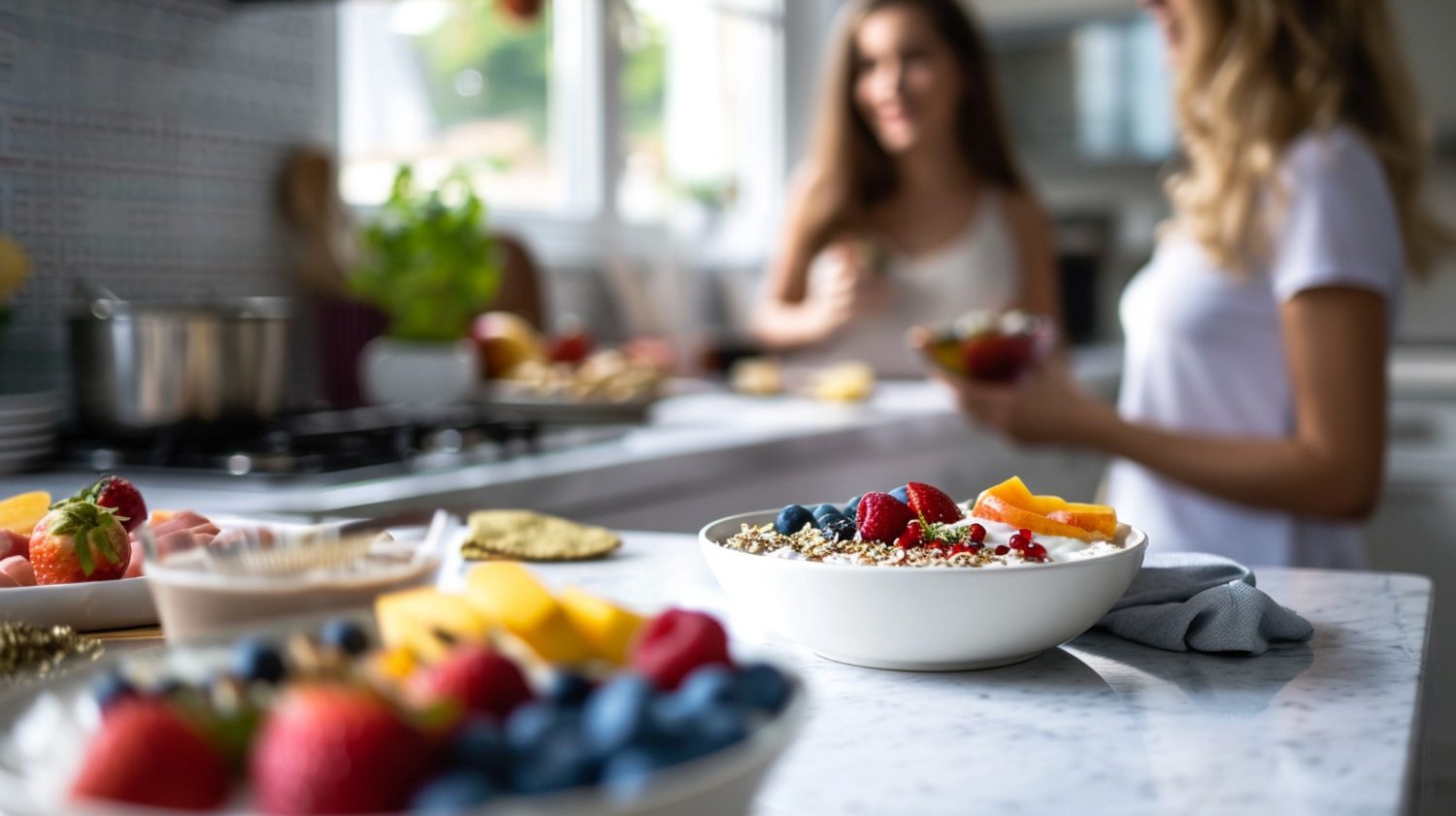
Welcome to the Ultimate Guide to superfruits in skincare. When you first start formulating organic skincare or haircare, you’ll soon become inspired by the amazing ingredients. When it comes to skincare, nothing can beat an organic cold pressed plant oil, a freshly distilled flower water, an exotic botanical butter, a high performance plant extract or an exquisitely fragrant essential oil.
Did you know that you can also formulate with fruits and vegetables? The big trend in cosmetics at the moment is working with superfruits. But what are superfruits in skincare and should we even be taking this concept seriously in our organic formulations?
Superfruits: Scientific Concept or Pseudo-science?
It probably won’t surprise you to learn that there is no formal definition of a superfruit. Similar to superfoods, the term ‘superfruit’ is used in marketing language to promote fruits that are thought to contain higher levels of antioxidants than ‘regular’ fruits.
You will see many companies that claim that the fruits or supplements they sell contain higher levels of antioxidants than other fruits. They undertake tests to grind up their fruits and put the extracts in a test tube with free radicals. The assumption is then made that the more free radicals the superfruit disables, the more powerful the antioxidants are.
However, as you can probably understand, the results of these tests vary depending on the part of the fruit used, which harvest is included and even the lab that undertakes the test. Botanical ingredients are inherently variable, which means that we generally cannot rely on such superfruit claims.
So what is a superfruit? In our opinion, every fruit is a superfruit. Fruit is fundamentally packed with nutrients and vitamins, whether you are eating it for breakfast or using it in your daily skincare.
In fact, a 2010 analysis of the antioxidant content of more than 3100 foods, beverages, spices, herbs and supplements used worldwide found that most berries, fruits and vegetables contained some antioxidant activity (with the exception of celery, which isn’t a fruit!), as well as other interesting chemical compounds. Certain fruits are higher in antioxidants than others, but again, this very much depends on the test undertaken
Superfruit antioxidants for the skin
Once you have decided which fruits you’re inspired to add to your formulations, it’s time to decide what form those superfruits will take in your skincare. Luckily, you have a huge array of ingredient types to choose from and we often see our students work with exciting new ingredients that they’ve sourced from all across the world.
How to add superfruits in skincare
So how do you navigate your way through the abundance of information available on nutrition and ensure that you don’t fall victim to common fuelling mistakes that can not only be detrimental to your performance, but also your long-term health?
Don’t be drawn to the latest fad: Many athletes will try almost anything to improve their performance. But if it sounds too good to be true, it’s probably too good to be true! Focus on training, sufficient rest and getting the building blocks of your diet correct first.
Be mindful of social media: Social media is flooded with pretty pictures of food, enticing us to eat in a particular way, creating identities around how a “healthy diet” is perceived. We buy into it, because it suggests a “false gold” of success and achievement, but what if this is not what our body actually needs? Make sure you ask yourself: is this relevant to me, my lifestyle, and my goals?
Don’t get sucked into “Move more, eat less”: Physiological studies have shown us that in order to achieve progression and improve performance, we should be following, “Move more, eat more”. Training is a costly process and if we don’t provide our body with sufficient energy, we run the risk of reducing the amount of energy available for biological function, repair, and adaptation from training.
Work out what is right for you: Just because your training partner swears by a bowl of porridge every morning, this does not necessarily mean this is the right fuel choice for you.
You don’t have to eat less on your rest day: For most this will fall between two training days, so it is the perfect opportunity to recover and then refuel. By being consistent with your nutrition, you will also allow for consistency with your training which allows for progression.
Don’t ditch the carbs: Contrary to what we are told, carbs are not the enemy. Scientific studies have demonstrated that carbohydrate availability is critical for optimal performance. If we train in a carbohydrate-depleted state for too long (>3 weeks) this can result in a depressed immune system, a down regulation of our hormones, have negative consequences to our bone health and stagnate our performance.
Avoid falling into the trap of “lighter makes you faster”: This is only true if you can maintain muscle mass, energy availability and power. By fixating on a weight over performance, you are more likely to create too big a deficit which will actually have the opposite effect on your performance.
Fruit Carrier Oils
Carrier oils offer perhaps the easiest and most obvious way of incorporating fruit in skincare. The most natural way to extract carrier oils is by cold pressing the fruit, most commonly the seeds, to realise the lipids. Carrier oils contain the oil-soluble components of the plant and cold pressing the oil ensures that it retains as much of the plant’s nutrients as possible.
There are endless ways to use carrier oils in skincare, ranging from facial oils and day creams to masques and scrubs. Carrier oils can make up anywhere from 1% to 100% of the formulation. Not all oils are heat sensitive, but some are, so it’s best to do some research on your chosen carrier oil.
Examples of fruit carrier oils: blueberry seed oil, strawberry seed oil, raspberry seed oil, apricot kernel oil, grape seed oil, plum kernel oil.
Fruit Essential Oils
Most cosmetic formulators will be familiar with essential oils, particularly as they are one of the first ingredients taught in Formula Botanica’s award-winning online courses such as our Diploma in Organic Skincare Formulation.
Essential oils are used primarily as aromaceuticals to give your formulation its scent, but they also contain some of the oil-soluble components of the plant. These oils are a very concentrated form of the plant so should never be used neat on the skin. They are made either through steam distillation, expeller pressing or sometimes solvent extraction.
Essential oils can be used in any formulation with an oil phase, lotions, body butters or facial oils etc. They can also be added to water-based formulations, however this requires using a solubiliser to disburse the small amount of oil in the water. Essential oils should always be added during the cool down phase of your formulation, when the temperature is below 40 degrees Celsius.
Examples of fruit essential oils: grapefruit essential oil, lime essential oil, sweet orange essential oil, red mandarin essential oil.
Fruit CO2 Extracts
CO2 extracts are concentrated, oil-based extracts that have been extracted through the use of CO2, without exposing the plants to heat or solvents. These extracts sometimes also contain the plant’s essential oil, as well as other oil-soluble components of the plant. They offer a very effective way of harnessing the therapeutic benefits of a plant without the same sensitivity risk you might have with essential oils.
These extracts can be used in any formulation with an oil phase, or in a water-based product with the use of a solubiliser. CO2 extracts should always be added to your formulation when the temperature is under 40 degrees Celsius.
Examples of fruit CO2 extracts: arctic blackcurrant CO2 extract, sea buckthorn pulp CO2 extract, rosehip CO2 extract.
Fruit Powders
Fruit powders are primarily made through freeze drying or spray drying, either using the fruit itself or the extract. The fruit is then ground up, from small chunks to a fine powder. Many fruit powdered are sold for consumption and contain the vitamins and nutrients found within the plant.
Fruit powders are very versatile and can be used in all types of formulations, ranging from cleansers to masques. They offer an excellent, gentle exfoliating properties in scrubs, or a colourful touch to masques and body wraps.
Examples of fruit powders: raspberry leaf powder, rosehip powder, bilberry powder, raspberry powder.
Fruit- Derived Alpha Hydroxy Acids
Alpha-Hydroxy Acids (AHAs) are another buzzword ingredient in today’s world of skincare. AHAs are extremely popular, high powered ingredients that are best known for the way they exfoliate without the risk of creating the microscopic tears on the skin that can occur from harsher physical exfoliants such as walnut shell.
These acids are often derived from natural sources, sometimes fruit. Blends of fruit-derived AHAs are available to buy as a formulator, they are derived from fruits like lemons, oranges, blueberries and sugar cane (not a fruit).
AHAs are water soluble and can be used in leave-on or rinse-off products. Because AHAs thin the top layer of the skin through chemical exfoliation, they can however leave the skin more vulnerable to UV radiation. For that reason, over-the-counter cosmetic products are limited to a maximum of 10% AHAs. However, we recommend that any formulators who are starting out with this type of chemical compound start much lower in terms of concentration. Keep in mind these ingredients will also lower your product’s overall pH.







